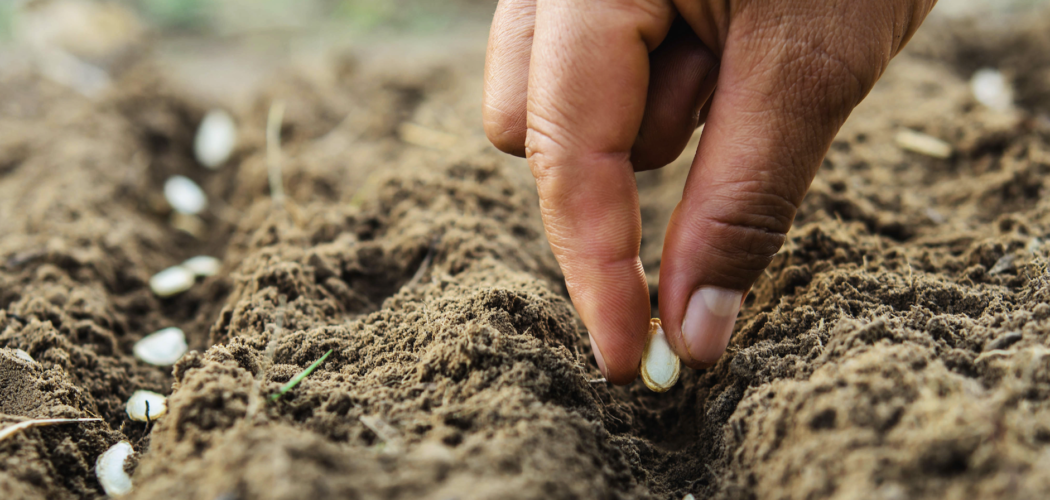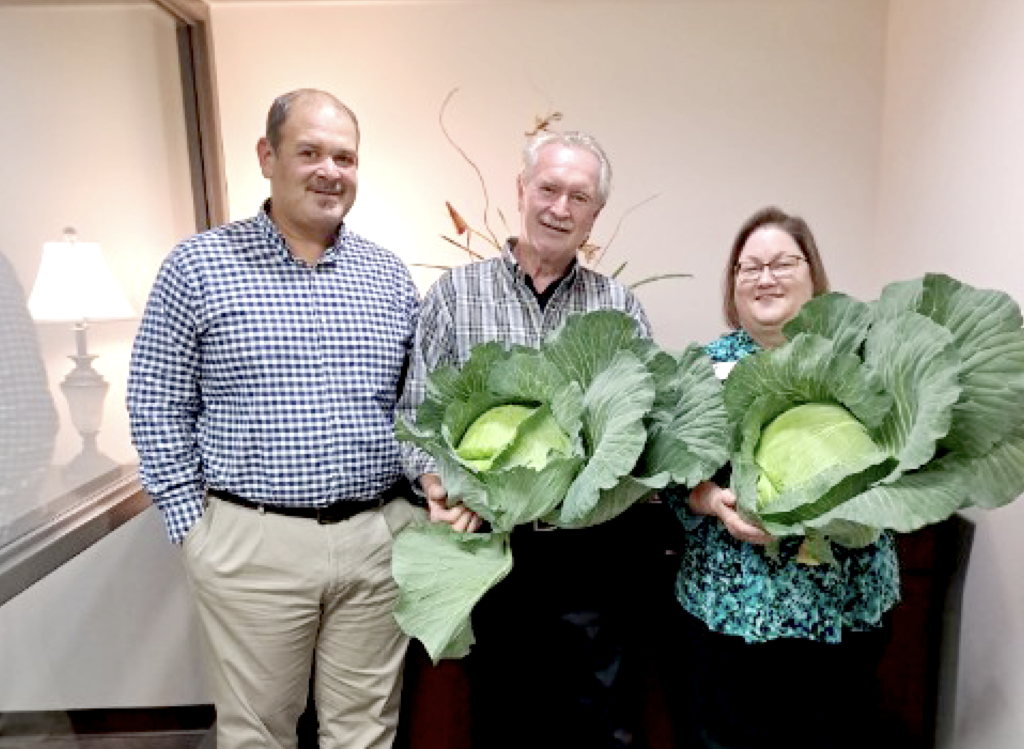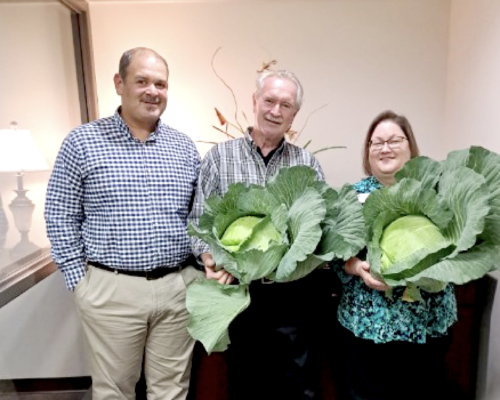
Inmates learn sustainability, agriculture through RCC Horticulture class
Inmates at the Lumberton Correctional Institute are discovering a new way of life, one seed at a time, through a horticulture class offered by Robeson Community College.
Horticulture is one of the most popular classes available at the LCI. The class is offered through Robeson Community College’s Continuing Education and Workforce Development program. The class is limited to 25 students and currently has a waitlist of over 100 inmates waiting to get in. During the class, students learn about sustainability, agriculture, landscaping, and gardening.
Other classes offered to inmates include carpentry, electrical/electronics, HVAC and HRD, which stands for human resources development.
“The classes give inmates an opportunity to learn different skills and prepares them to transition back into society once they are released,” said Julie Baxley, the RCC director of workforce development and human resources development. “The HRD class is offered at night and teaches employability skills.”
In the current Horticulture class, students were tasked with growing cabbages and collards.
“The cabbages weigh at least 10-12 pounds each,” Julie said as she held one up. “They were taught how to grow these without using any pesticides by our instructor Jeffrey McPherson.”
“Each student has their own section inside of a greenhouse, they have to plan what they are going to do and plant the seeds,” said Julie. “They also each have a section outside as well that they maintain, to learn gardening and how to grow different plants and flowers, and also about landscaping.”
The types of plants and flowers grown during the class are based upon the time of year. Julie says that inmates have learned how to grow pineapples, tomatoes, okra, peanuts, squash, strawberries, and zucchini. They’ve also learned how to grow a variety of flowers, including sunflowers.
“The students design their plot, they keep the weeds out, and watch the plants grow,” Julie said. “When the fruits or vegetables are ready to come off, they harvest the crop.”
Julie says that the food harvested goes to the kitchen to feed the inmates and becomes a part of their meals, teaching students the principles of going farm to table and providing a continuous source of food for the prison.
“The camp when at maximum capacity holds 742 people, and that includes staff,” Julie said. “Last year, the class grew enough collards and cabbages to feed the camp five times.”
The concept of prison gardens has been shown to assist in rehabilitation and provide a path of redemption to inmates.
According to the Pew Charitable Trusts, more than 4 in 10 offenders return to prison within three years. However, for inmates who go through a gardening program, such as the Horticulture class offered by RCC, the recidivism rate dwindles down to 10%.
It seems that “gardening behind bars” is the catalyst of success for inmates, paving the way for a second chance at life, and in turn helping to make communities safer.

Photo from left to right: Eric Freeman, Vice President of Continuing Education, Workforce Development, and Institutional Services stands beside RCC Horticulture Instructor Jeffrey McPherson, and Julie Bailey, Director of Workforce Development as they hold cabbages grown by inmates at the Lumberton Correctional Institute.













